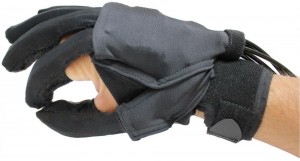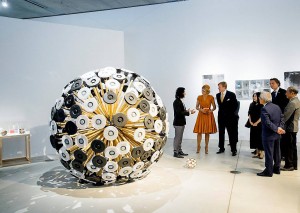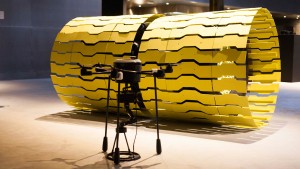Customized Prosthetics by 3D Printing
Introduction: In this project, students will work on the design and fabrication of low-cost robotic hand. This low-cost robotic prosthetic hand aims to replicate advanced functionality for under US$1,000. The student will focus on using 3D printing techniques (e.g., FDM) to fabricate the well assembled components and how it can be integrated with the sensor and the actuator parts.
One example can be found as the 2nd place of last year’s Make it Wearable competition of Intel: https://www.youtube.com/watch?v=FR1t-SK3Rtw
Please find the document attached for more information.



